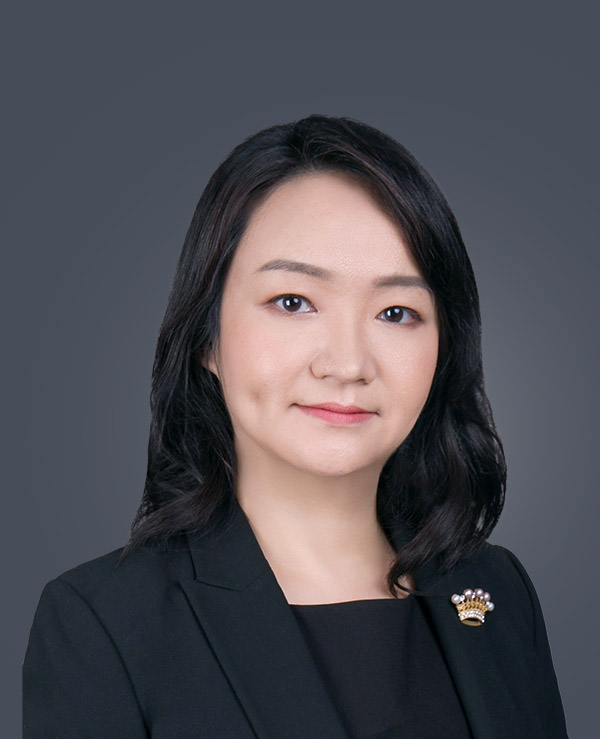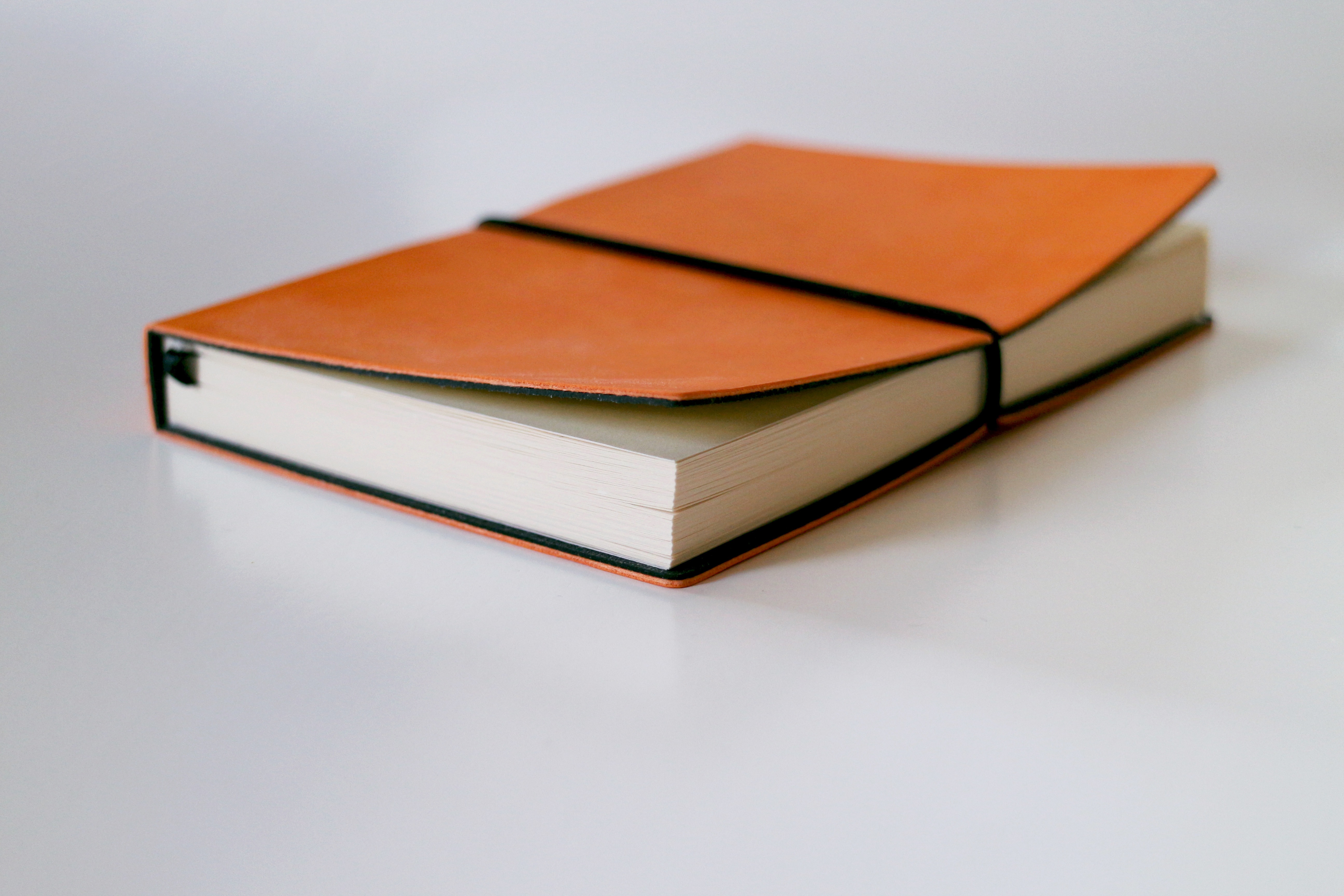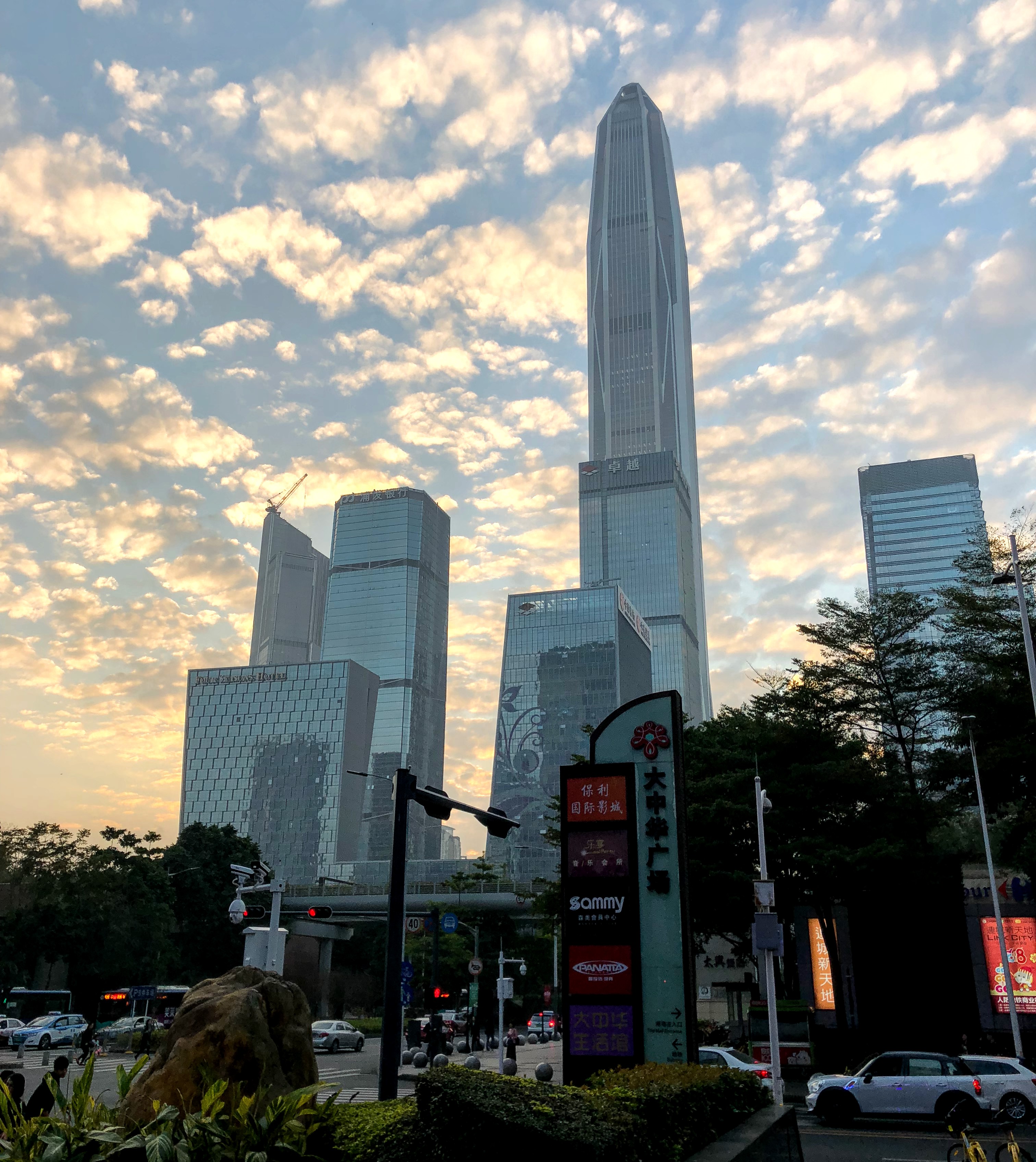In China, foreign filing requirements are generally very similar to the US — a foreign filing license is required if a foreign application is to be filed first for an invention made in the country. The Chinese equivalent to the US foreign filing license is called a confidentiality examination for foreign filing.
According to Chinese Patent Law Article 19 (previously Article 20), if a foreign application is to be filed for an invention made in China, the applicant must submit a request to conduct a confidentiality exam to the CNIPA in advance. The CNIPA will determine whether the invention (for simplicity, the term “invention” includes invention and utility models in this article) involves national security and is a vital interest which needs to be kept confidential.
However, filing an invention or utility model application in China does not result in an automatic response from the patent office regarding the right to file foreign applications (unlike in the US, where the filing receipt will indicate whether a foreign filing license is granted). Instead, applicants must expressly request a confidentiality exam if they intend to file abroad. Furthermore, the request must include a detailed description of the invention in Chinese.
The only exception is when filing a PCT application via the CNIPA as the receiving office. In this case, the confidentiality exam request is included in the PCT application documents, so the applicant would not need to separately request a confidentiality exam. Furthermore, the PCT application can be filed in English. Do keep in mind that, when filing a PCT with China as the receiving office (R/O), at least one of the applicants needs to be a Chinese entity or Chinese citizen.
The Chinese equivalent of a foreign filing license is granted when a notice of passing security clearance is issued, stating that the invention does not involve national security or vital interests, and it has the clearance to be filed in a foreign country. Obtaining clearance for a new application typically takes about 1-2 weeks in practice. If there is a parent application in China already, the process can be even faster, usually only a few days. If the examiner thinks that the invention involves subject matter that needs to be confidential, a notice of secrecy order will be issued.
Consequences of Failing to Obtain National Security Clearance
In the US, failure to comply with the foreign filing requirements will result in the patent application being abandoned or the granted US patent being invalid. Whoever willfully violates this rule can be subject to fine and/or imprisonment once convicted. However, a retroactive foreign filing license can be petitioned if the foreign application is filed by mistake.
In China, there is no way to retroactively apply for confidentiality examination once the foreign application is filed. Failure to apply for confidentiality examination will result in the counterpart Chinese application as being invalid. It is also a legal grounds for invalidation of a granted patent. In fact, the CNIPA recently handed out its first successful invalidation of a patent due to its failure to obtain confidentiality examination.
Those who violates the secrecy order may also face administrative sanctions and criminal conviction according to Article 78.
In reality, it is very rare that an examiner will raise an Article 19 rejection regarding the foreign filing issue during prosecution as it is difficult to identify the corresponding foreign application at that stage.
A rare example is application CN2015107430217, which was filed on 5 Nov 2015. During the first office action, the examiner cited a US application filed by the co-applicant claiming priority to a Taiwanese application that was filed on 4 Nov 2015. The Examiner was of the view that the invention was completed in China solely because the first applicant was a Chinese entity. In this case, the Examiner requested the applicant to provide an explanation. In this case, the applicant did not respond to the office action and the application was deemed withdrawn. This is more unusual. Typically, it is possible for a foreign application to stay undetected until after the Chinese patent is granted, as most examiners prioritize their time to examine the substantive matters in the applications to which they are assigned.
Hong Kong Applicants
For Hong Kong applicants, one piece of good news is that if an invention is made purely in Hong Kong, the foreign filing requirements in China and the US do not apply, and applicants have much more freedom in choosing where to file their first patent application.
This article is for general informational purposes only and should not be considered legal advice or a legal opinion on a specific set of facts.
About the Authors

Audrey Cheung is a Patent Technology Specialist at Eagle IP, a Boutique Patent Firm with offices in Hong Kong, Shenzhen, and Macau.

Yolanda Wang is a Principal, Chinese Patent Attorney, and Chinese Patent Litigator at Eagle IP, a Boutique Patent Firm with offices in Hong Kong, Shenzhen, and Macau.

Jennifer Che, J.D. is Vice President, Principal, and a US Patent Attorney at Eagle IP, a Boutique Patent Firm with offices in Hong Kong, Shenzhen, and Macau.





